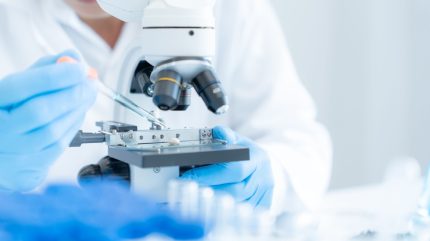
Medera and its subsidiary Novoheart have collaborated with scientists at the University of California San Diego School of Medicine and Mayo Clinic to develop mini-heart models for hypoplastic left heart syndrome (HLHS).
The first human heart models will be created utilising stem cells derived from actual patients. The initiative aims to enhance the understanding of this condition to formulate tailored treatment approaches for children who are born with this severe ailment.

Discover B2B Marketing That Performs
Combine business intelligence and editorial excellence to reach engaged professionals across 36 leading media platforms.
HLHS is a critical congenital heart defect characterised by an underdeveloped left side of the heart.
The collaboration will use Novoheart’s mini-Heart Platform, which includes 3D bioengineered cardiac tissues that closely mimic human hearts.
Novoheart co-founder Kevin Costa stated: “This collaboration allows us to test how well our patient-specific disease models can predict treatment responses in the most complex paediatric heart disease we know.
“It’s the first step toward bringing personalised cardiac care to children with HLHS — especially those without known genetic mutations.”

US Tariffs are shifting - will you react or anticipate?
Don’t let policy changes catch you off guard. Stay proactive with real-time data and expert analysis.
By GlobalDataA pivotal component in this research is the Mayo Clinic’s HLHS biobank with more than 800 samples collected over 25 years.
Novoheart’s technology has previously developed other congenital heart disease (CHD) models such as pulmonary atresia, DiGeorge syndrome, tetralogy of Fallot and hypoplastic right heart syndrome.
The research is supported by contributions from organisations such as John Dimitri Research Foundation for Congenital Heart Disease and Big Hearts 2 Little Hearts.
University of California San Diego School of Medicine paediatrics clinical professor Paul Grossfeld stated: “There is currently no reliable way to predict which HLHS patients will benefit from surgery versus needing a transplant.
“By generating patient-specific 3D human heart models from a simple blood draw, we aim to uncover the biological mechanisms driving disease in each child — and ultimately tailor treatments that improve their chances of survival.”
In September 2024, Medera entered a definitive merger agreement with Keen Vision Acquisition Corporation.




